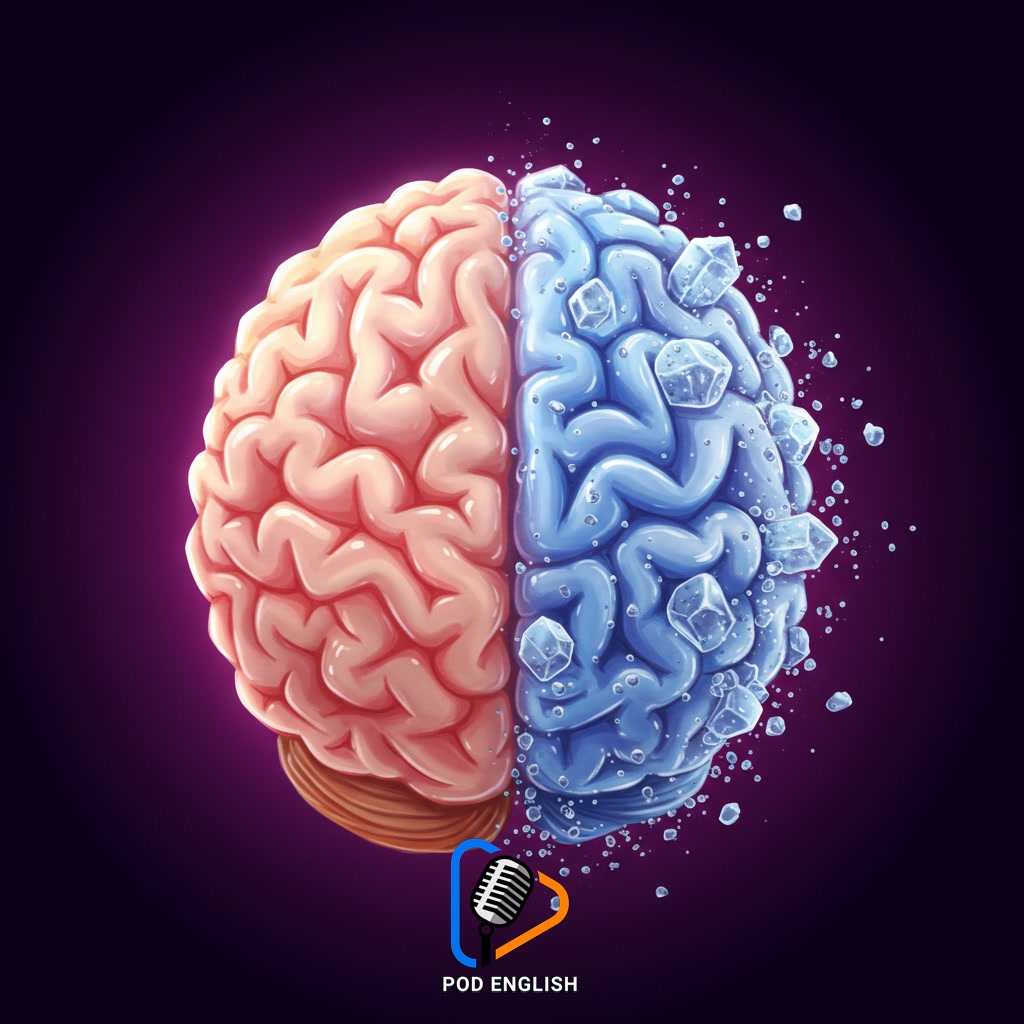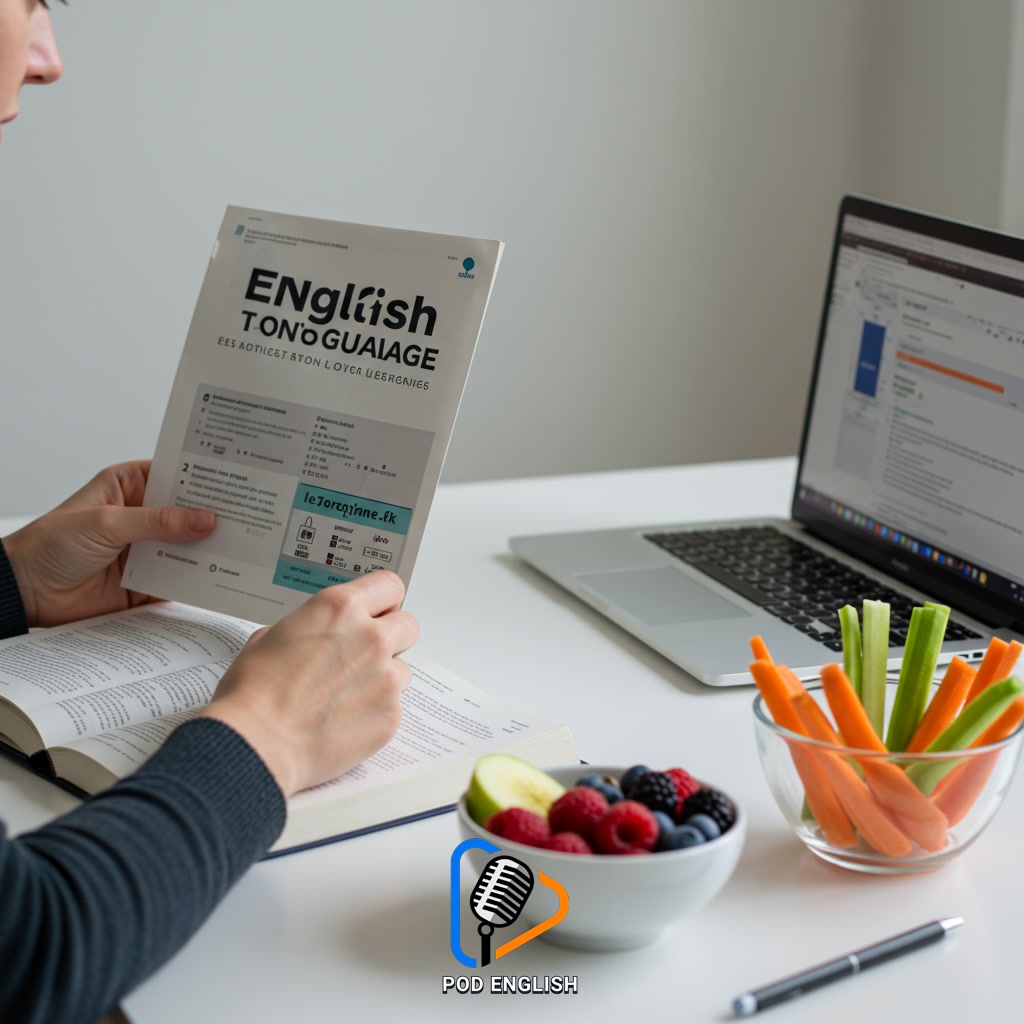Learn English
Boost English Learning Focus: Understand Sugar’s Impact

This content examines the link between sugar consumption and concentration levels. It explores how understanding sugar’s impact on cognitive function can be beneficial for improving focus. The information is particularly relevant for individuals seeking to enhance their mental clarity and concentration when engaged in activities like learning English. By managing dietary sugar, learners can potentially boost their ability to maintain attention during study sessions.
Table of Contents
- Section 1: The Critical Role of Focus in Learning English
- Section 2: Understanding How Sugar Impacts Brain Function and Concentration
- Section 3: The Direct Link: Sugar Consumption and English Learning Performance
- Section 4: Identifying and Reducing Hidden Sugars in Your Diet
- Section 5: Practical Tips to Improve Focus and Boost Your English Studies
Section 1: The Critical Role of Focus in Learning English
Learning English effectively demands significant mental effort and concentration. When you are focused, your brain is better able to absorb new vocabulary, understand complex grammar structures, and process spoken English. This dedicated attention allows you to make connections between concepts, remember what you’ve learned, and apply it in practice. Without strong focus, distractions can easily disrupt your study flow, leading to superficial learning and frustration. Maintaining concentration during lessons, practice sessions, or self-study ensures that your time is used productively, accelerating your progress and making the learning journey more rewarding. Therefore, cultivating and maintaining focus is a fundamental skill for mastering English.

Section 2: Understanding How Sugar Impacts Brain Function and Concentration
Continuing from the importance of focus in English learning, it’s crucial to understand how dietary choices, specifically sugar intake, directly influence your brain’s ability to concentrate. While glucose is the primary fuel source for the brain, consuming excessive amounts of refined or added sugars leads to rapid spikes and subsequent crashes in blood sugar levels. This fluctuation significantly impacts cognitive function. Initially, you might experience a temporary energy boost, but this is quickly followed by fatigue, irritability, and difficulty maintaining attention. For English learners, this means a ‘sugar crash’ can make it harder to process new information, remember vocabulary, or stay engaged during study sessions, ultimately hindering effective learning progress and sustained focus.

Section 3: The Direct Link: Sugar Consumption and English Learning Performance
Building on the importance of maintaining focus for effective English learning, it’s crucial to understand the direct impact of sugar consumption on your brain’s ability to concentrate and retain information. When you consume sugary foods or drinks, your blood sugar levels can spike rapidly, followed by an inevitable crash. This ‘sugar crash’ directly affects cognitive function, often leading to feelings of fatigue, irritability, and difficulty concentrating. For English learners, this means struggling to stay engaged during study sessions, finding it harder to absorb new vocabulary or grammar rules, and experiencing reduced mental clarity needed for complex tasks like understanding nuanced listening passages or constructing coherent sentences. Managing your sugar intake can therefore be a simple yet powerful strategy to help stabilize your energy and focus, making your English learning efforts more productive and sustained.

Section 4: Identifying and Reducing Hidden Sugars in Your Diet
Building on the understanding that sugar affects focus, it’s essential to recognize that sugar isn’t only found in obvious sweets. Many common foods contain “hidden sugars” added during processing, such as sauces, salad dressings, flavored yogurts, breakfast cereals, and packaged snacks. These hidden sugars can contribute significantly to your daily intake without you realizing it, impacting your concentration levels. To identify them, become a label reader. Look for ingredients like corn syrup, high-fructose corn syrup, dextrose, sucrose, and maltose, among others. Reducing hidden sugars involves choosing unsweetened versions of products, making sauces and dressings from scratch, and opting for whole, unprocessed foods whenever possible. Being aware of these sources and making conscious choices is a key step in managing your sugar intake to potentially improve your English learning focus.

Section 5: Practical Tips to Improve Focus and Boost Your English Studies
Following the discussion on hidden sugars, actively managing your sugar intake is a key practical step towards sharper focus, particularly beneficial for English study sessions. Start by becoming a label detective, carefully checking ingredients for added sugars like sucrose, glucose, or corn syrup, even in foods that don’t taste sweet. Opt for whole, unprocessed foods like fruits, vegetables, and lean proteins, which release energy slowly, helping to maintain stable blood sugar levels. Avoiding the ‘sugar crash’ prevents periods of low energy and poor concentration. Implementing these simple dietary adjustments can significantly improve your ability to stay attentive, absorb new vocabulary, and practice grammar effectively during your English learning time.














